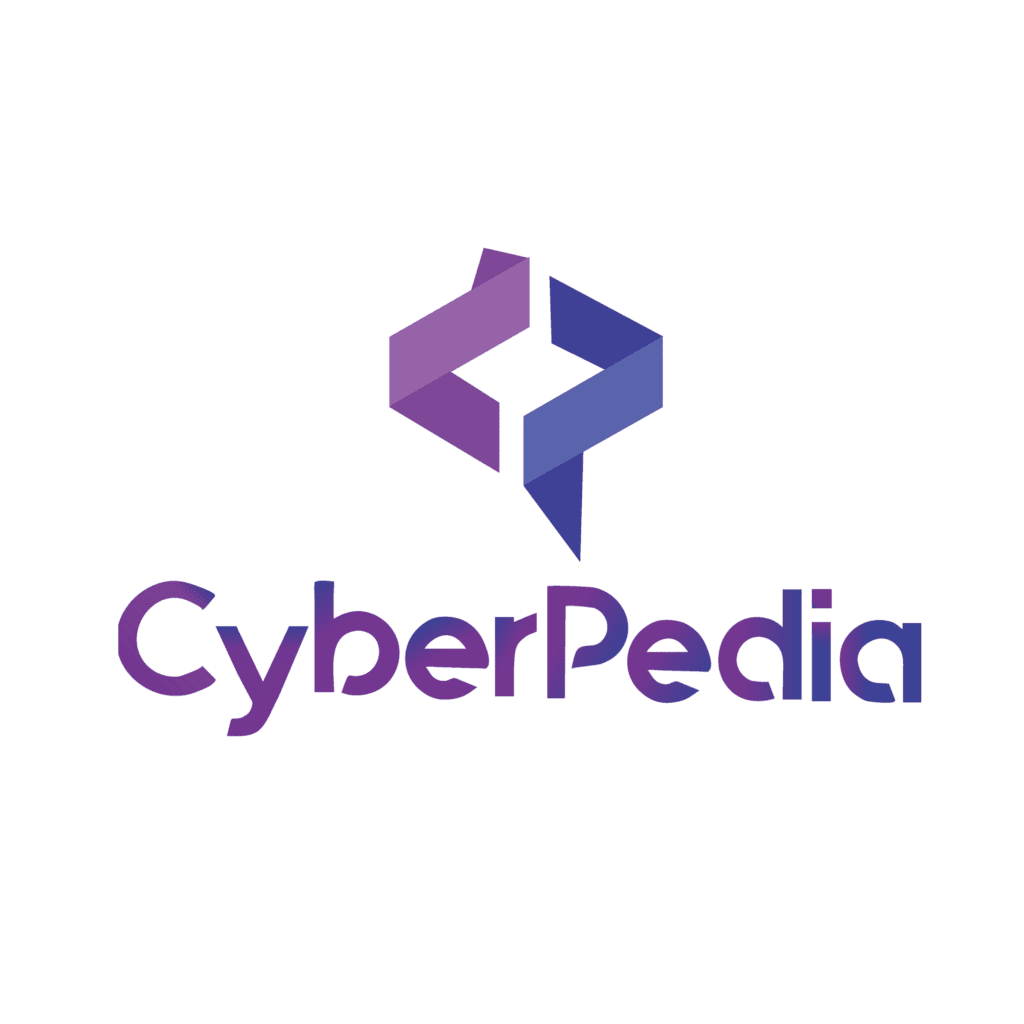
In an era where digital dangers are always evolving, there has never been a greater demand for qualified cybersecurity specialists. Our VAPT Consultant Course provides top-tier cyber security training in India, giving you the advanced knowledge and hands-on experience required to master vulnerability assessments and penetration testing. Whether you want to defend your business or develop your career, this course will prepare you for the wide cyber security future that lies.
Our cybersecurity course in India is designed by industry experts and includes cutting-edge technologies, strategies, and real-world applications. From AI-enhanced ethical hacking to Web3 and blockchain security, this curriculum will prepare you to excel in cybersecurity, one of today’s fastest-growing fields.


